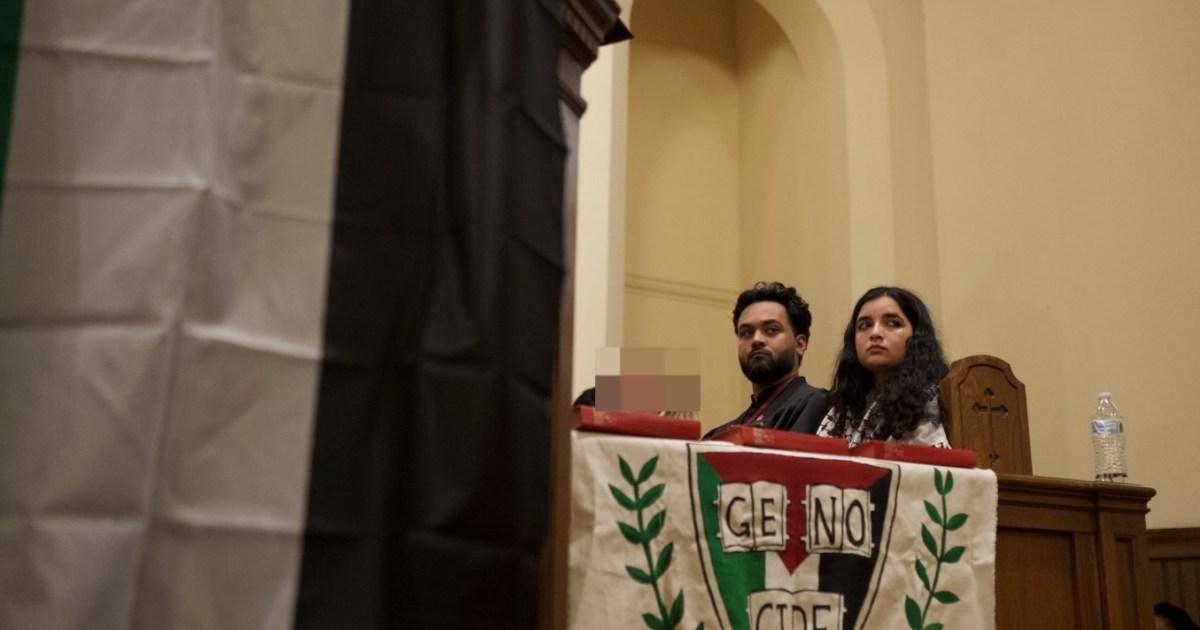
https://www.disabilitymuseum.org/dhm/lib/detail.html?id=3209
SIR: Much of the discussion aroused by Dr. Haiselden when he permitted the Bollinger baby to die centers around a belief in the sacredness of life. If many of those that object to the physician's course would take the trouble to analyze their idea of "life," I think they would find that it means just to breathe. Surely they must admit that such an existence is not worth while. It is the possibilities of happiness, intelligence and power that give life its sanctity, and they are absent in the case of a poor, misshapen, paralyzed, unthinking creature. I think there are many more clear cases of such hopeless death-in-life than the critics of Dr. Haiselden realize. The toleration of such anomalies tends to lessen the sacredness in which normal life is held.
There is one objection, however, to this weeding of the human garden that shows a sincere love of true life. It is the fear that we cannot trust any mortal with so responsible and delicate a task. Yet have not mortals for long ages been entrusted with the decision of questions just as momentous and far-reaching; with kingship, with the education of the race, with feeding, clothing, sheltering and employing their fellowmen? In the jury of the criminal court we have an institution that is called upon to make just such decisions as Dr. Haiselden made, to decide whether a man is fit to associate with his fellows, whether he is fit to live.
It seems to me that the simplest, wisest thing to do would be to submit cases like that of the malformed idiot baby to a jury of expert physicians. An ordinary jury decides matters of life and death on the evidence of untrained and often prejudiced observers. Their own verdict is not based on a knowledge of criminology, and they are often swayed by obscure prejudices or the eloquence of a prosecutor. Even if the accused before them is guilty, there is often no way of knowing that he would commit new crimes, that he would not become a useful and productive member of society. A mental defective, on the other hand, is almost sure to be a potential criminal. The evidence before a jury of physicians considering the case of an idiot would be exact and scientific. Their findings would be free from the prejudice and inaccuracy of untrained observation. They would act only in cases of true idiocy, where there could be no hope of mental development.
It is true, the physicians' court might be liable to abuse like other courts. The powerful of the earth might use it to decide cases to suit themselves. But if the evidence were presented openly and the decisions made public before the death of the child, there would be little danger of mistakes or abuses. Anyone interested in the case who did not believe the child ought to die might be permitted to provide for its care and maintenance. It would be humanly impossible to give absolute guarantees for every baby worth saving, but a similar condition prevails throughout our lives. Conservatives ask too much perfection of these new methods and institutions, although they know how far the old ones have fallen short of what they were expected to accomplish. We can only wait and hope for better results as the average of human intelligence, trustworthiness and justice arises. Meanwhile we must decide between a fine humanity like Dr. Haiselden's and a cowardly sentimentalism.
HELEN KELLER. Wrentham, Mass.
Later in life, I believe she recanted this belief, but that may have just been due to criticism.





















That movie was awful and dehumanizing.